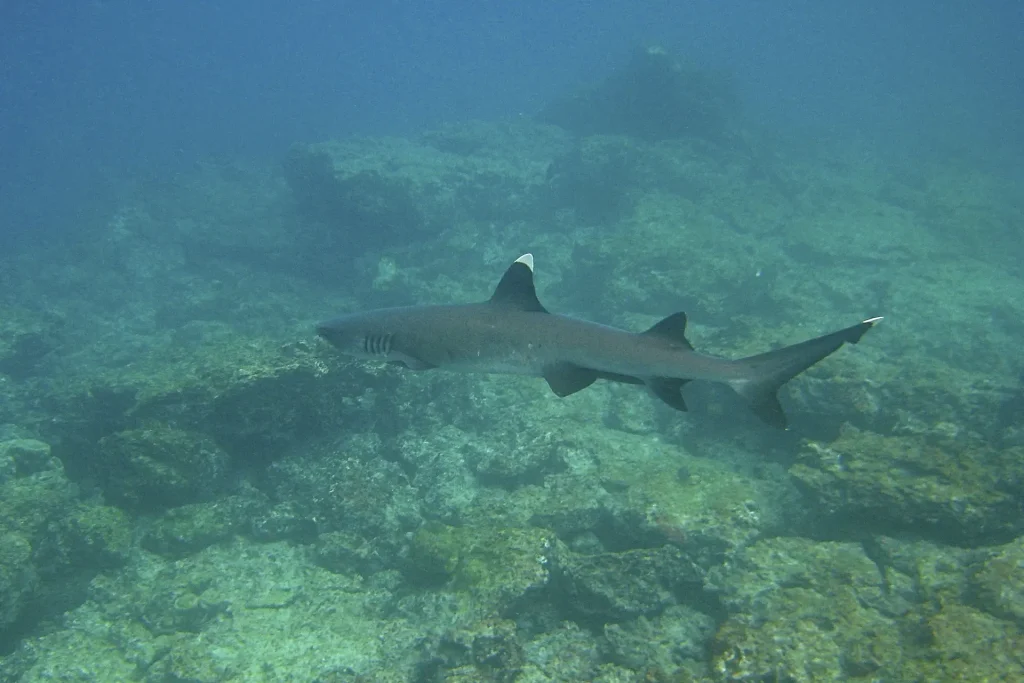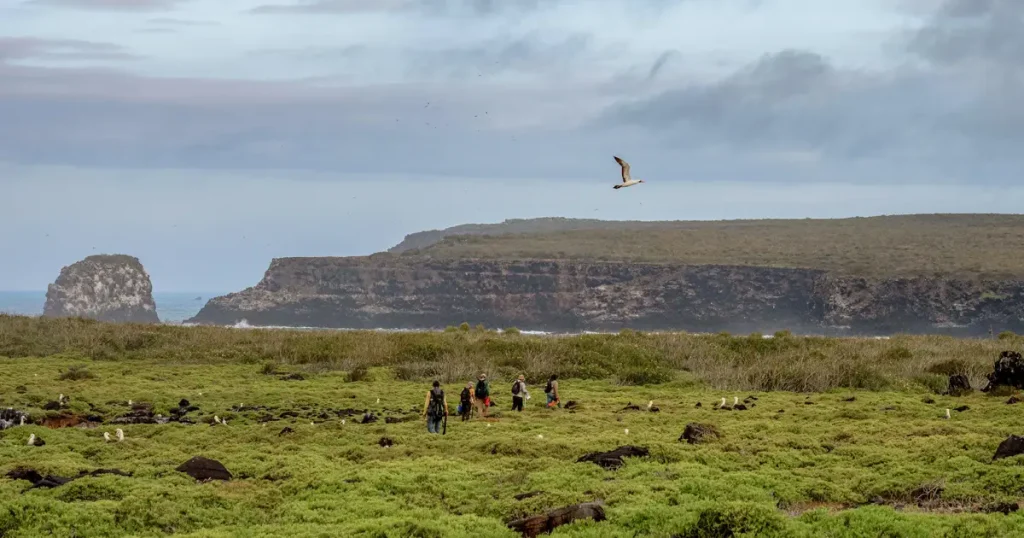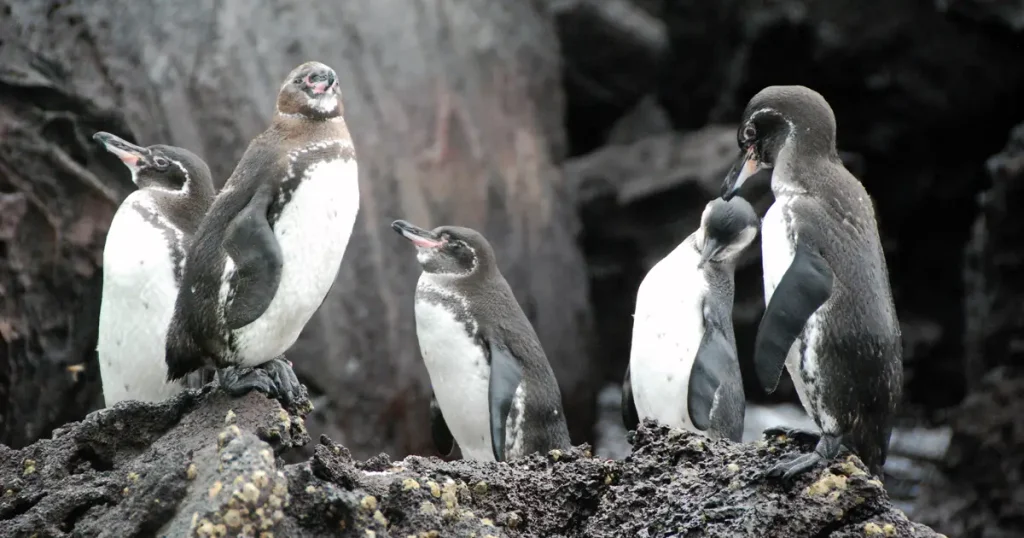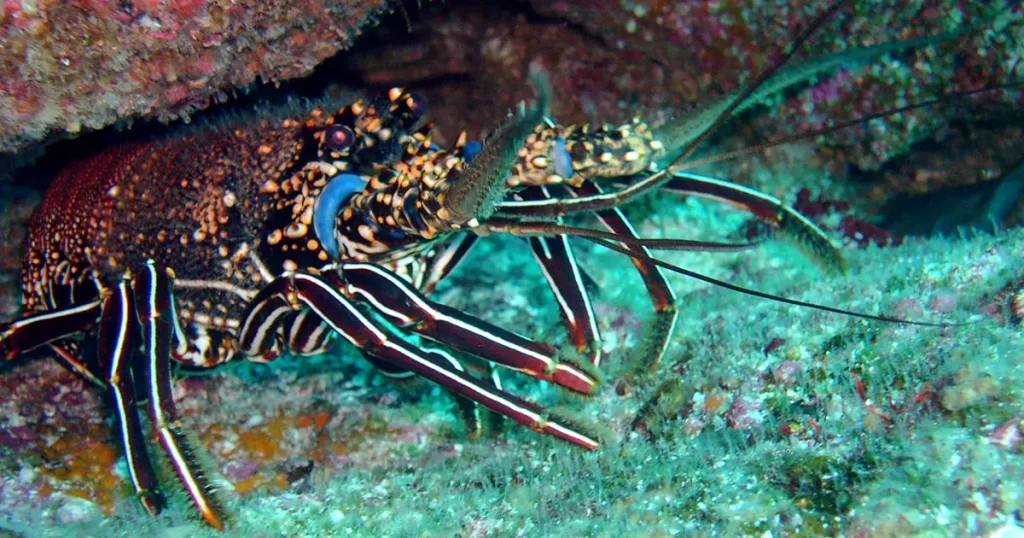Celebrating Ocean Guardians: International Shark Awareness Day
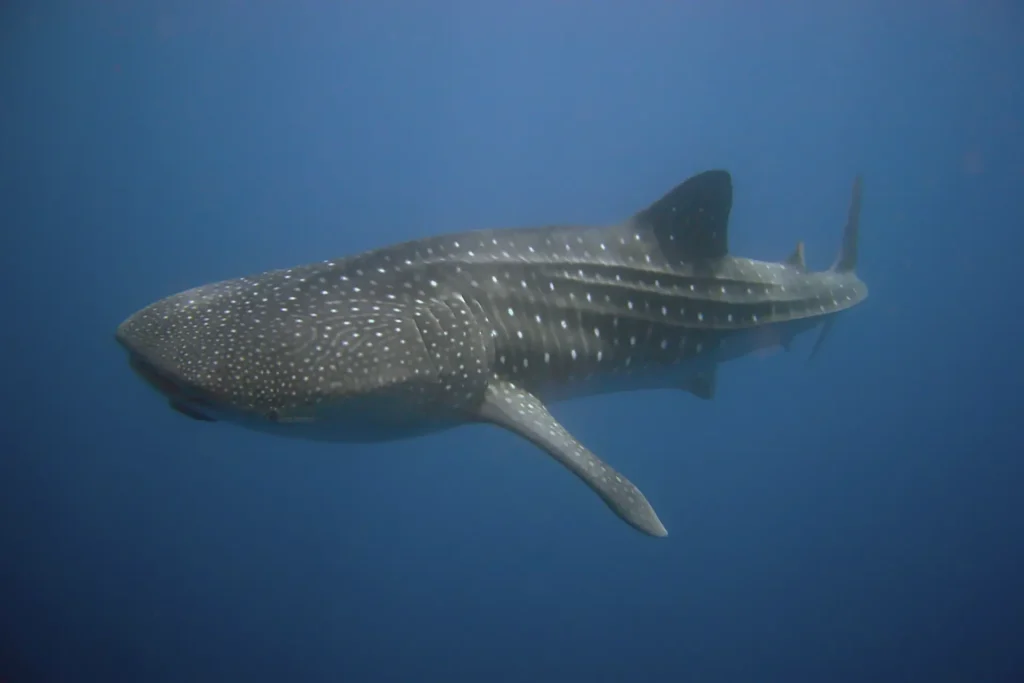
In the vast world of oceans, characterized by exceptional biological diversity and a complex network of interconnected life, sharks reign supreme. Despite their crucial ecological role as apex predators, sharks face serious threats jeopardizing their survival. This is why every July 14th marks International Shark Awareness Day as a time to underscore the importance of sharks as ecologically essential species in marine ecosystems and to advocate for measures to protect sharks.
Shark Diversity
The Galápagos Marine Reserve is home to at least 35 shark species, including the hammerhead shark, Galápagos shark, tiger shark, whitetip reef shark, blacktip reef shark, and the majestic whale shark. This fascinating diversity emphasizes the importance of Galápagos’ marine ecosystems and highlights the urgent need to conserve the sharks of this unique region.
Challenges and Threats
Sharks play a crucial role as top predators in marine food webs. However, they are facing serious threats such as changes in their ocean environment due to pollution and climate change, and, particularly, illegal fishing for their fins. It is important to put in place effective conservation measures to protect sharks and ensure their role in maintaining the health and resilience of our oceans.
One of the most vulnerable shark species in the Galápagos Marine Reserve is the scalloped hammerhead (Sphyrna lewini), whose population has declined by over 80% in the last 75 years. This statistic highlights the need for quick action to prevent the extinction of this species. Unfortunately, critical information about this species has only recently come to light, with the discovery of the first scalloped hammerhead nursery in the Galápagos Marine Reserve in 2017.
Research and Conservation
Since 2021, Galápagos Conservancy has been funding a crucial research project led by the Galápagos National Park Directorate under the guidance of park ranger Eduardo Espinoza. This project aims to investigate the complex behavior patterns, migration, and vital habitat use for feeding and reproduction of key shark species in Galápagos waters. The data collected not only expands our scientific understanding of these species but is also essential for designing and implementing effective conservation strategies. Espinoza emphasizes that “understanding these fundamental aspects is crucial for developing conservation policies that not only protect these impressive marine predators but also contribute to maintaining the overall health of the marine ecosystem.”
Economic and Social Impact
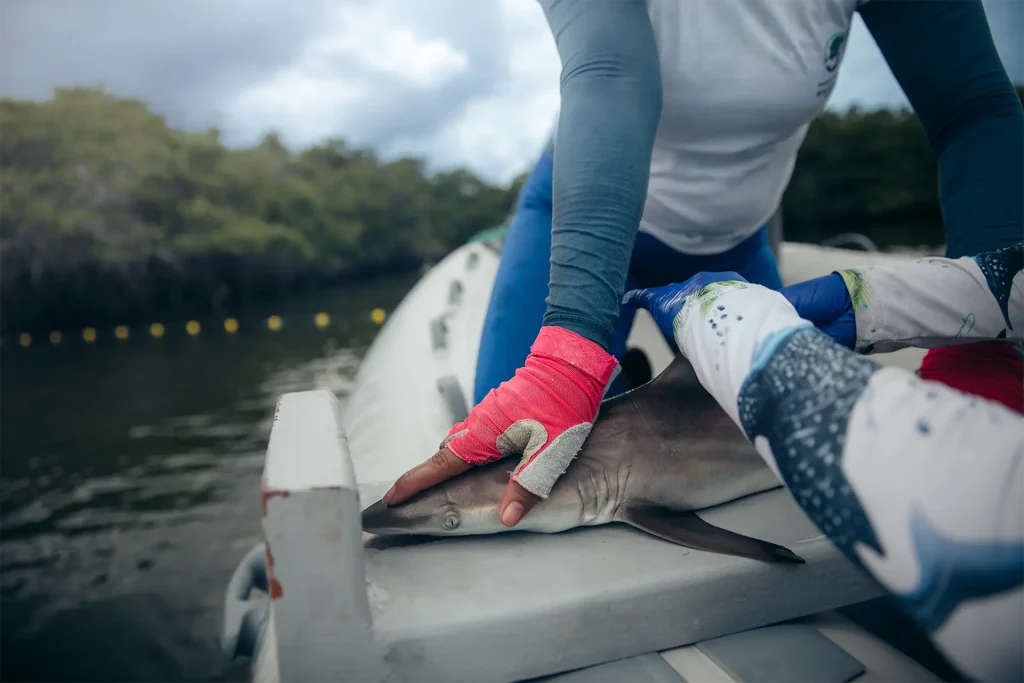
In the Galápagos Archipelago, sharks play a crucial role in both the marine ecosystem and the local economy. The marine tourism industry, which is a significant part of the regional economy, heavily relies on shark sightings. These remarkable marine creatures attract visitors from around the world who seek opportunities to observe and swim alongside them in their natural habitat. The presence of sharks not only enriches the tourist experience but also generates employment and livelihoods for the local population.
Commitment to Marine Conservation
On the occasion of International Shark Awareness Day, our general director, Dr. Washington Tapia, emphasizes that Galápagos Conservancy is deeply committed to actively participating in joint efforts to conserve shark habitats and promote harmonious coexistence between sharks and humans. We aim to ensure a resilient future for these iconic species,” stressed Dr. Tapia, by “…advocating for the implementation of policies and regulations that ensure the effective protection of these sharks and promote their long-term conservation.”
Our engagement in protecting Galápagos sharks is made possible by the generous contributions of many individuals, reflecting our steadfast commitment to marine conservation. Through funding studies and conservation action, we are all contributing to ensuring the health of Galápagos’ sharks and the marine ecosystems they inhabit.
The story of sharks in the archipelago is an inspiring narrative that demonstrates that collaboration can make a difference in protecting our precious marine life.
